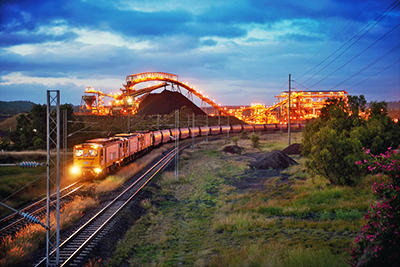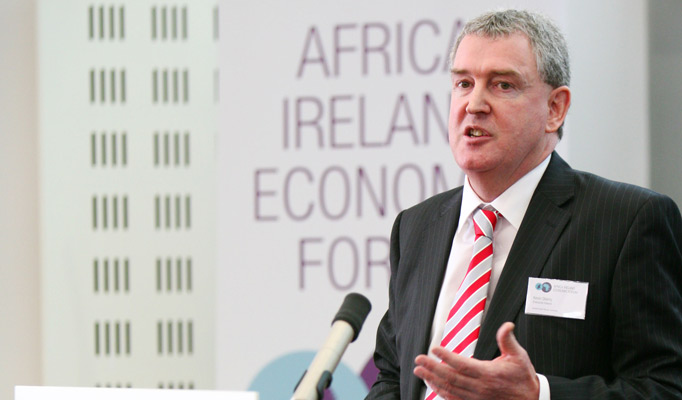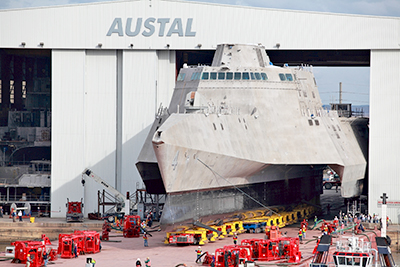Nutricare chief warns of 'five traps to avoid' when business goes international
BUSINESSES are constantly trying to innovate and create the next big thing, attempting to expand and ultimately succeed. However, one business leader who has 'been there and done that' warns that many companies and business owners with dreams and aspirations to go global don’t make it – and he puts it down to five avoidable traps.
James Dutton, Australian entrepreneur and CEO of Nutricare – a company using premium, sustainable ingredients to create common health and personal care items – has seen the recurring mistakes people often make and even experienced a few himself. In fact, he will be speaking about these very challenges at the upcoming Retail Global conference in the Gold Coast this week, May 29-31.
“There are countless business traps, especially when expanding overseas, and often the simplest things can make the biggest mess," Mr Dutton said. "Listening to the right advice and learning from others' mistakes can help a business thrive. Conferences such as Retail Global are great places to hear the right advice and learn." 
Respected for his ability to grow and manage companies from seed to capitalisation, Mr Dutton has unique skillsets and knowledge gained over the last 25 years of his professional career. He has managed and commercialised businesses from motorsport, finance and e-commerce at both a national and international level.
Mr Dutton's in-depth and practical ‘hands-on’ approach and knowledge of business has propelled him through his career as a successful entrepreneur.
Mr Dutton provided the following five 'traps to avoid' when expanding a business overseas:
- Raising too much capital
"Businesses can raise too much capital when it is usually best to ‘leave it lean’. What can happen when there is too much capital is that there are either a) too many hands in the one basket and it can be easy to lose control or b) high valuations also tend to lead to high risk and makes the next hurdle harder to hit. It also doesn’t matter how much capital you raise, whatever the number is you will end up spending it over two years, so it’s best to start with less and grow the company at a steadier rate.”
- Not using your resources
“Lean on as many resources as possible but ensure it is only for a certain time period. Use those resources and then go and action those plans, otherwise your idea will never get off the ground. I made sure I found the right information in a short session while using as many resources as possible to make it happen. If you continue to listen to mentors the whole way through you won’t get anything done. Use gut decisions, rely on the right people and tap into assets in your landscape.”
- Growing too fast
“It can be a balancing act trying to grow your business at a rate sufficient enough for your resources, expenses and management. I learnt this the hard way and my business grew too fast. When excessive fast growth occurs entrepreneurs can lose track of finances and numbers, there are cash flow mistakes, and general ineffective business operations. When everything is balanced you will have more control of the company and the direction it goes in.”
- Not doing your research
“Make sure you do your research and groundwork. You need to do this to understand your landscape. The number one thing I have learnt from everything is understand the culture of where you are expanding to. If you don’t know the culture of the people you are going to deal with, you have no idea what is going to happen when you launch. Preparation is key.”
- Hiring the wrong people
“Many business owners will say the same thing – hire people you can trust. There are often areas that business owners excel at and others in which they are weaker in. These areas are where they need to depend on the right people especially when expanding overseas. Finding those people can be tricky but it is invaluable. We have attracted some fantastic people and also some really bad people. It is about learning how to put trust in the right people and keep a tight monitor on what’s happening every day."
“Business isn’t for the light hearted, you have to go for it and you have to go hard but in order to succeed you need to listen to the common traps businesses experience and avoid them where possible," Mr Dutton said.
"Learn from your mistakes and also learn from others."
James Dutton will be speaking at Retail Global on the Gold Coast from Wednesday May 29 to Friday May 31.
ends








